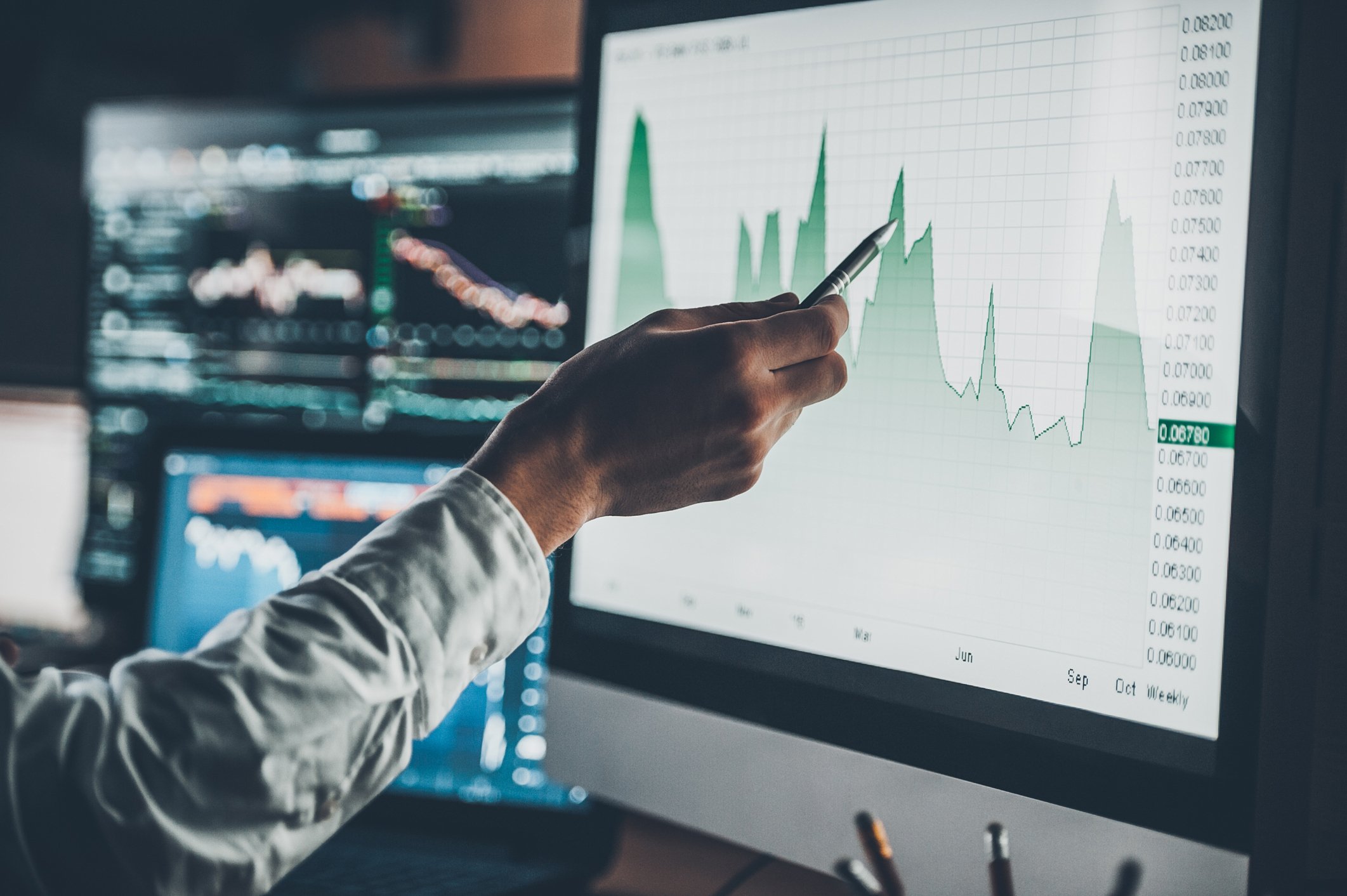It's hard for a $250-billion-plus business to change its stripes, but Royal Dutch Shell's (NYSE: RDS-A) (NYSE: RDS-B) has done a rather incredible job over the past few years transforming the company into one of the most compelling investments in the integrated oil and gas industry.
Now that Shell has weathered the storm of low oil prices and is back to generating returns, management has plans both within and without the oil industry to preserve what it calls a "world-class investment case." Here are several quotes from the company's most recent earnings conference call that highlight some of the efforts Shell is taking to both grow the business and make the stock a better investment.

Image source: Getty Images.
Diversifying the business away from oil
One thing that is becoming a larger fixture of every investor conference call for Shell and other big oil companies is touting one's alternative energy strategy. Shell is around the middle of the pack when it comes to shifting away from oil and gas, but CEO Ben van Beurden was quick to point out some of the investments the company made recently as well as the framework for its alternative investment strategy.
So we expect our capital investment in New Energies to be $1 billion to $2 billion on average per year until the end of the decade. But as it is dependent on both organic and inorganic investment opportunities, this might be a little bit more or a little bit less depending on the year. But that's, of course, without changing the overall group capital investment budget for that year.
This past year, investment in this segment was a little high because it made several acquisitions related to charging stations in Europe. It appears that management wants to use its existing network of retail stations as a scalable platform for fast-charging electric vehicle stations. It's a relatively low-risk investment for Shell since it gets to use so much existing infrastructure and not have to commit high levels of new capital to individual stations.
Shell is getting big in Brazil
When Shell bought BG Group back in 2015, it was clear that Shell intended to treat its combined portfolio like a car going to a chop shop. It would take the most valuable portions of each business as well as any assets that became better as a result of the combination, then ditch the rest via asset sales. One area of particular interest during the merger was off the coast of Brazil. The combination of Shell and BG in Brazil made for a vast portfolio that has become even more valuable as Brazil has loosened some regulations around its oil and gas sector. So as part of his prepared remarks, Van Beurden went out of his way to show how important Brazil is to Shell's future production.
So we produced 350,000 barrels of oil equivalent per day from Brazil in Q4, and the majority, of course, is coming from the pre-salt. That's more than 3x BG's last reported pre-salt volume in Q4 2014, which was 100,000 barrels of oil equivalent per day. But in Q4, we also started up Lula South, the FPSO there. The two FPSOs, or Libra and Lula, represent 50,000 barrels of oil equivalent per day production capacity on a Shell share basis. And growth will continue in 2018 as we expect three more FPSOs to start up. We have P-67 coming on Lula North. We have P-68 in Berbigao. We have P-69 in Lula Extreme South. And altogether, that represents over 100,000 barrels of oil equivalent per day peak production capacity, all Shell share.
Historically, Brazil has been one of the higher-cost places to develop around the world, but Shell says it has made lots of improvements to lower breakeven costs for both its and BG's holdings in the region. If that is the case, then Brazil will be a core position for Shell over the next decade or so.
Pumping oil and cash
Shell used to have a bad habit: It spent a lot of money developing challenging reservoirs in remote or hard to drill locations. The company's exploration efforts in Arctic waters off the coast of Alaska is probably the highest-profile example of this. As a result, the company's capital spending tended to be a bit high and free cash flow was a little harder to come by.
According to Van Beurden, though, that isn't the case anymore. The combination of walking away from some expensive projects, cutting operational expenses, and targeting high-return projects has made Shell a much more cash-efficient business.
In 2017, we delivered $39 billion in cash flow from operations, excluding working capital, and that is in a $55 oil price environment. That's, what I believe, an impressive number. It's a number, which is 60% higher than in 2015 when the oil price was at a comparable level. In fact, it's close to the 2014 number when the oil price was at $99 per barrel. This exceptional delivery illustrates the cash-generating capabilities of our current portfolio, with each of our businesses successfully following a strategy, which is focused on operational excellence, but also activities with high margins.
Thanks, shareholders
The greatest benefit to generating lots of free cash flow is that it gives management options. When cash was tight, Shell had resorted to measures such as a scrip dividend program -- issuing additional shares in lieu of a cash dividend -- taking on debt and issuing shares to pay for the BG Group acquisition. Now that it has overcome those challenges, Van Beurden wants to repair some of the balance-sheet damage it inflicted.
We have canceled the scrip [dividend] program. And subject to progress with debt reduction and recovery in oil prices, we will start a buyback program of at least $25 billion in the period '17 to '20. And that will be another factor to enhance the per-share metrics in the next decade.
When asked how management is going to prioritize debt reduction and share repurchases, both Van Beurden and CFO Jessica Uhl emphasized that it wants to get its net debt to capital below 20% first -- at the end of the fourth quarter, net debt to capital stood at 24.8% -- then start allocating cash toward share repurchases.
There are a lot of things working in Shell's favor right now. Its cash-generating abilities are strong, it has a great growth opportunity in LNG, and management seems to be avoiding prior pitfalls such as pursuing overly complex and challenging projects that tend to do little but burn through capital spending dollars. This isn't the same Royal Dutch Shell from years prior, and investors should probably take a second look.







